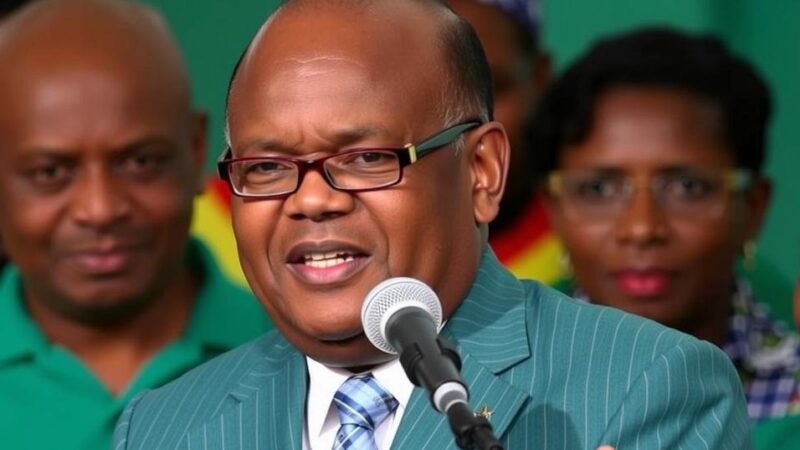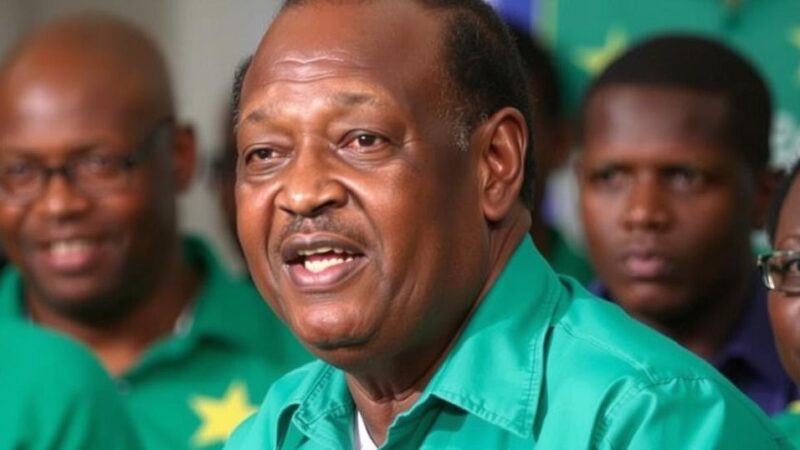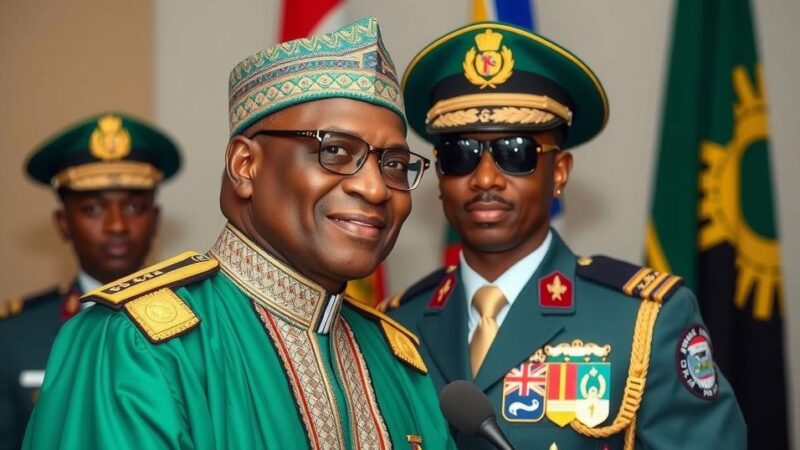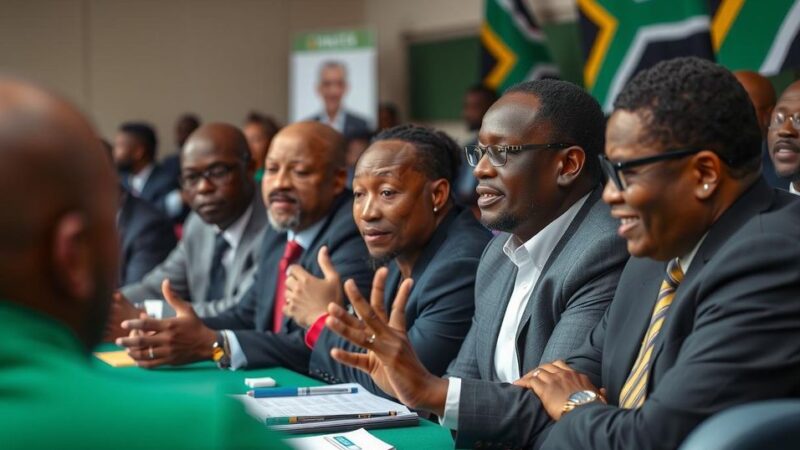The commentary explores the dynamics of grievances and hope during election seasons, highlighting a Republican lawmaker’s criticism of current leadership amid global tensions. It calls attention to the proposal for substantial investment in child care as a pivotal issue overlooked in major political discussions. The piece critiques the outsourcing of grievances onto scapegoats and reiterates a belief in the inherent goodness of individuals despite societal pressures.
As I pen these reflections, current events paint a complex picture across both local and global landscapes—from natural disasters to warfare, and from societal challenges to moments of inherent beauty. The ongoing tumult has sparked a range of reactions, especially during this election season, when distinct divisions in sentiment emerge. For instance, in a time marked by growing tensions in the Middle East, a prominent Republican lawmaker from New Hampshire expressed diminishing faith in the incumbent administration’s capacity to navigate these crises. His remarks highlight a perennial theme in politics: the rampant tendency to assign blame and seek grievances amidst prevailing chaos. However, amidst these grievances lies an essential hope for positive change, something that should resonate deeper than mere political rivalries. Consider the recent proposal from U.S. Rep. Ro Khanna aimed at redefining child care as a critical infrastructure need, with an estimated annual budget of $100 billion. This initiative underscores a pressing reality faced by American families: the prohibitive costs of child care that deter equitable workforce participation. Despite its merit, polling data from the New Hampshire Institute of Politics reveals that this crucial issue is overshadowed by other concerns, such as economy and border security, further illustrating the outsourcing of values and grievances in political discourse. The current political climate is rife with targeted messaging that diverts attention away from substantive issues, fueling anger towards scapegoats such as immigrants rather than addressing more systematic challenges like housing affordability, inadequate health care, and costly child care. This has historical precedence, as diverting grievances can fracture unity among socio-economic groups. Despite the prevalent darkness that envelops our public discourse, I find solace in the resilience and kindness of individuals. Nonetheless, I harbor concerns about societal trends that thrall fear and manipulate narratives for political gain. With the shift towards digital communication, the impact of fear-mongering on public perception has escalated alarmingly, often stifling rational discourse and instigating division. Therefore, while societal structures may falter, my hope remains steadfastly anchored in the inherent goodness of the people. Our individual stories and collective experiences remind us that, ultimately, hope is a powerful catalyst for unity and understanding.
The commentary reflects on the dualities of the human experience as they manifest in the political arena, particularly during election seasons. The author recounts contemporary events that influence public sentiment, illustrating how grievances and hopes often intermingle within the political narrative. The remarks made by lawmakers provide a lens to examine the prevalent outsourcing of both grievances and hopes by citizens, which skews the priorities of political discourse. The mention of the proposed investment in child care addresses a pressing issue, contrasting it with the louder concerns that dominate public discussions, thereby highlighting the tendency to focus on fear-driven narratives.
In summary, the discourse around this election season illustrates a convoluted interplay of grievances and hope that shapes public perception and priorities. The temptation to redirect anger towards convenient scapegoats undermines discourse on critical issues such as child care, health care, and housing. Yet amidst these challenges, there exists an unwavering spirit of kindness that transcends societal fears. It is imperative that we engage in meaningful conversations about the realities that affect daily lives, aligning our collective hopes with constructive dialogue for the future.
Original Source: newhampshirebulletin.com







